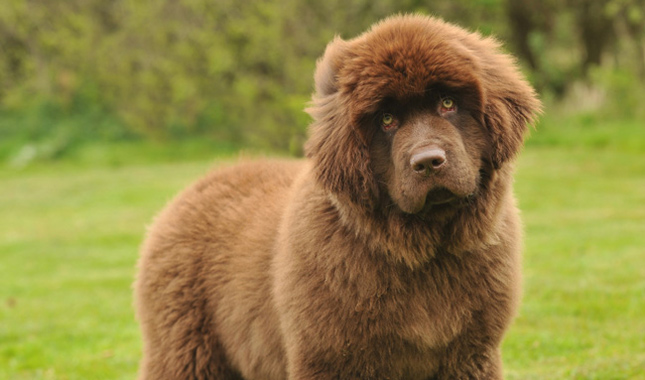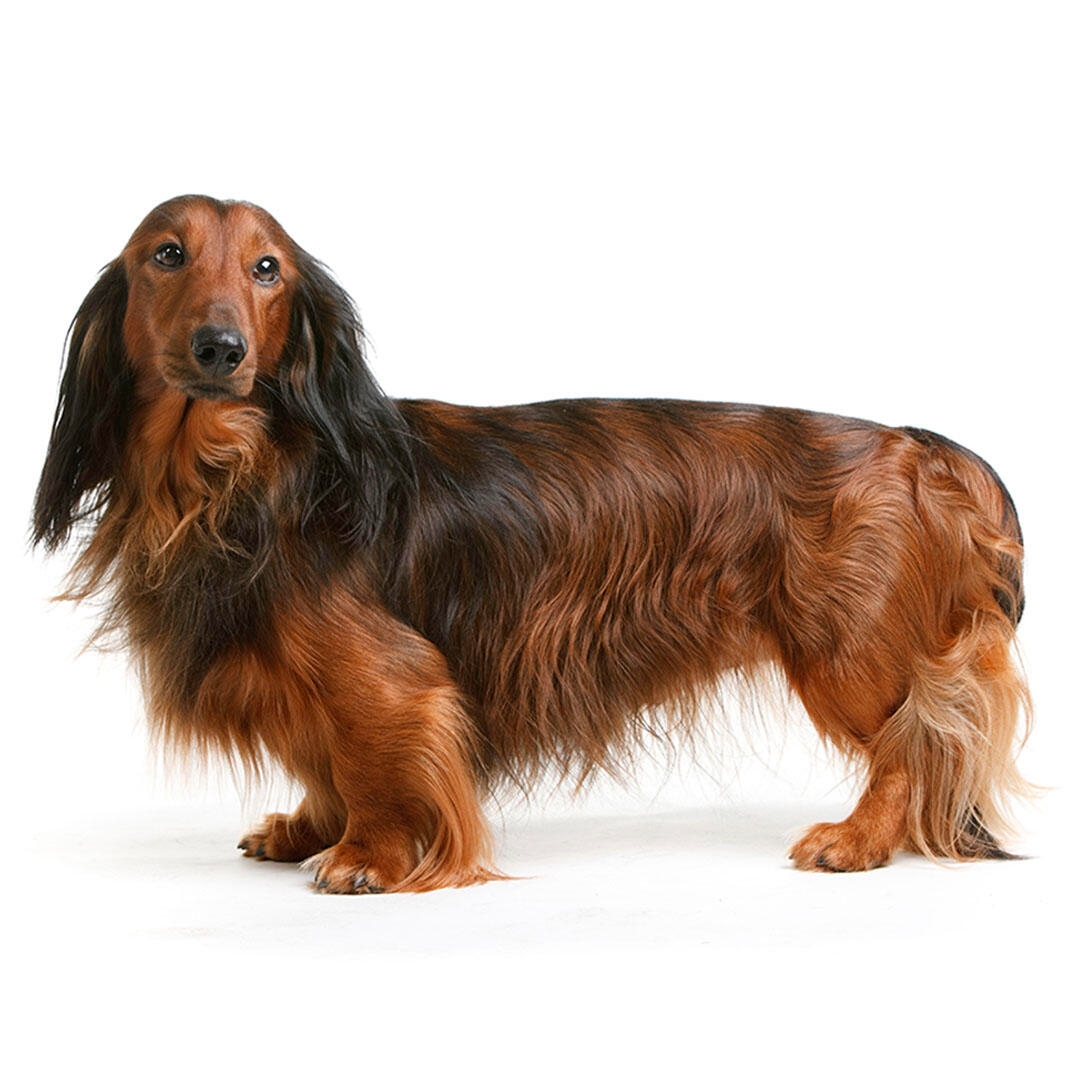
The Havanese, a bichon-type breed of dog, is the national dog in Cuba. It is a descendent from the extinct Blanquito da Habana or the Bichon Tenerife. They make great companions, are good at retrieving, guarding, and even working.
Are you a good companion dog?
The Havanese can be a very active dog and is lively. This small, stubby breed is very intelligent and easy to train. They love walking and playing with other dogs. They also excel at agility courses, and they make excellent watchdogs.
The Havanese can be a wonderful companion dog. They love being with their owners and are extremely friendly. They also love tricks like jumping through the hula-hoop, rolling over and climbing onto balance beams. Although they need to be groomed often, their love and companionship are well worth it.
Legg-Calve-Perthes
Legg Calve Perthes is degenerative joint disease that affects the hips of the Havanese. The disease may cause arthritis, lameness, or muscle atrophy. Treatment can include surgery. Treatment depends on the severity and location of the disease. For mild cases, medical therapy and pain medication can be used to manage symptoms. You should note that overweight dogs are at higher risk for developing the disease.

Legg-Calve Perthes disease can be inherited. It causes the head of the femur to degenerate due to an inadequate blood supply. In severe cases, it can cause the knee cap to dislocate, which can lead to limited mobility and pain. This condition is most common in children. It is more common in white children.
Health issues
Havanese canines have very specific health needs. Your veterinarian will determine the vaccinations that your pet requires. The vaccines are available as early as 6 weeks. It is possible to test your dog for genetic diseases or other health problems. Your vet may also be able to provide preventative care products like flea and tick medication. These medications are usually based on the dog's weight and applied to their skin.
Joint and bone problems are also common in the Havanese breed. Chondrodysplasia can result in uneven growth and possibly even limping. Legg-Calve Perthes, another condition that can lead to joint pain and arthritis, is another. Havanese can also suffer from elbow joint slippage called patellarluxation. Havanese could also have liver shunt, which can cause toxins to build-up in the heart.
Care
Heart failure is the leading cause death for Havanese breed dogs in their golden years. Regular monitoring of your pet's health is essential. Heart problems in dogs can be caused by a weakening one of the valves. This causes blood pressure to rise around the valve and can cause blood loss. If your pet's heart murmurs, you can determine if they have heart valve disease. Basic tests can be done by a veterinarian to rule out more serious conditions such as irregular heartbeats or heart disease. A veterinarian can provide treatment recommendations tailored to your dog's needs.
It is essential to take care of your Havanese's eyes in order for them to stay healthy. Proper eyecare is essential to prevent vision loss. Dog eye problems can range from corneal ulcers to chronic eye pain. There are many options available for treatment.
Grooming

Habanese grooming involves several important aspects. The length of the coat is the first. The Havanese is known for their long silk coat that consists of a short undercoat and a long outer coat. You can have your outer coat straight, curled, or wavy and in any color.
Havanese need to be groomed every day. It needs to be brushed or sprayed with a fine mist sprayer. The coat should not be wet but dry. The outer layer of the dog's coat should not be touched.
FAQ
What are my considerations before I get an exotic pet?
Before you purchase an exotic pet, you should think about these things. The first thing you need to do is decide whether you want to keep the animal as a pet or if you want to sell it for money. If you want to keep it as an animal pet, you need to ensure that there is enough space. It is also important to estimate how much time it will take to care for the animal. You will need to take time to look after an animal. But, they are worth it.
You must find someone to purchase your animal if you intend to sell it. Make sure that whoever buys your animal knows what they're doing regarding taking care of animals. Make sure you don't feed your pet too much. This could cause problems for your animal's health later.
You need to thoroughly research exotic pets before buying them. Many websites can provide information on various species of pets. Be careful not to fall into any scams.
What food should I give my dog?
Your dog needs to be fed a healthy diet.
There are many protein-rich foods, including chicken, beef (fish), eggs, and dairy.
Other foods that contain high amounts of carbohydrates include fruits, vegetables and bread as well as pasta, rice and potatoes.
Lean meats, poultry and fish are all low in fat, as well as nuts, seeds, whole grains and whole grains.
Before giving your dog different types or foods, it is a good idea to check with your vet.
How do you feed your pet?
Dogs and cats eat four times a day. Breakfast is made up of dry kibble. Lunch is usually some kind of meat like chicken and beef. Dinner usually includes some kind of vegetable like broccoli or peas.
Cats have specific dietary needs. Canadian foods are best for cats. These foods include salmon, tuna, chicken, and sardines.
You pet might also like to eat fruits and vegetables. These should not be allowed to your pet too often. Cats can get sick from overeating.
You shouldn't allow your pet water right from the faucet. Instead, let your pet drink water from a bowl.
Make sure your pet gets enough exercise. Exercise will help keep your pet healthy and his weight down. Exercise is good for his health.
After your pet eats, make sure you wash the dishes. This will help prevent your pet ingesting bacteria.
Brush your pet often. Brushing removes dead skin cells, which can cause infection.
Make sure to brush your pet at minimum twice per week. Use a soft bristle hairbrush. Don't use a wire brush. This can cause harm to your pet's smile.
When your pet eats, be sure to supervise him. He needs to chew his food properly. If he does not, he might choke on bone fragments.
Keep your pet away from garbage cans. This can harm your pet's health.
You should never leave your pet in an enclosed area. This includes hot tubs, hot boats, and cars.
What age is it safe to have a pet as a child?
Pets should not be owned by children under 5 years of age. Children under five years old should not own cats and dogs.
Pet owners often end up with their children being bitten. This is especially true with small dogs.
Some dogs, such as pit bulls or other aggressive breeds, may be aggressive towards certain animals.
A dog may appear friendly but it will still attack other animals.
It is important to train your dog if you get a pet dog. Your child should always be supervised while playing with the dog.
Statistics
- * Monthly costs are for a 1-year-old female mixed-breed dog and a male domestic shorthair cat less than a year old, respectively, in excellent health residing in Texas, with a $500 annual deductible, $5,000 annual benefit limit, and 90% reimbursement rate. (usnews.com)
- It is estimated that the average cost per year of owning a cat or dog is about $1,000. (sspca.org)
- It's among a relatively few companies that provide policies with a full (100%) coverage option, meaning you are not responsible for any co-payment of bills. (money.com)
- Pet insurance helps pay for your pet's medical care, with many policies covering up to 90 percent of your vet bills. (money.com)
- A 5% affiliation discount may apply to individuals who belong to select military, law enforcement, and service animal training organizations that have a relationship with Nationwide. (usnews.com)
External Links
How To
How to train your cat.
To train your cat, you should first understand what kind of animal he/she really is. Cats possess complex brains. They are intelligent animals, and they are also highly emotional creatures. If you want to make sure that your cat behaves well, then you must take into consideration his/her personality. You should know how to treat your cat.
It is important to remember cats are independent beings. This means they don't like being told "no". They may become angry if you tell them no. This is why you should never hit your cat when he/she does something wrong. Although your cat deserves love and affection from you, it doesn't mean that you should treat him/her as a human being.
If you think that your cat has some problems, then you should try to solve them together. Talk to your cat calmly. Don't yell at him/her. Don't make your cat feel bad by yelling at him/her. Your cat cannot be forced to eat. Sometimes your cat may refuse to eat. When this happens, you should give him/her some treats. But don't give too many treats because this could lead to overeating.
It is important to keep your cat clean. Each day you should thoroughly clean your cat. Use a moist cloth to remove dirt and dust. Make sure that there are no fleas on your cat. Flea bites can lead to skin irritation and allergic reactions. Flea bites can cause severe skin irritation so you need to use a flea shampoo.
Cats are social animals. They enjoy spending time with people. It is important that you spend quality time with your pet cat. Play with your cat and feed, bathe, and cuddle it. These activities will make your cat smile.
Training your cat should be done early. You should start training your kitten as early as possible. Three months old is the ideal age to begin training your kitten. By this age your cat is fully grown and ready for new adventures.
If you are teaching your cat tricks, it is important to explain each step clearly. For example, when teaching your cat to sit down, you should show him/her the chair first. Next, show your cat the chair and reward them with treats. You can repeat these steps until the cat understands.
Remember that cats are smart animals. Cats can quickly figure out how they should perform tasks. However, they still require patience and persistence. You can't expect your cat or dog to be able instantly to master a task. Give him/her plenty of time to practice before giving up.
Don't forget cats are wild animals. They are naturally curious and playful. If you let your cat run free, he/she might accidentally knock objects away. You should make sure your cat is in a safe place so that he/she doesn't get hurt.